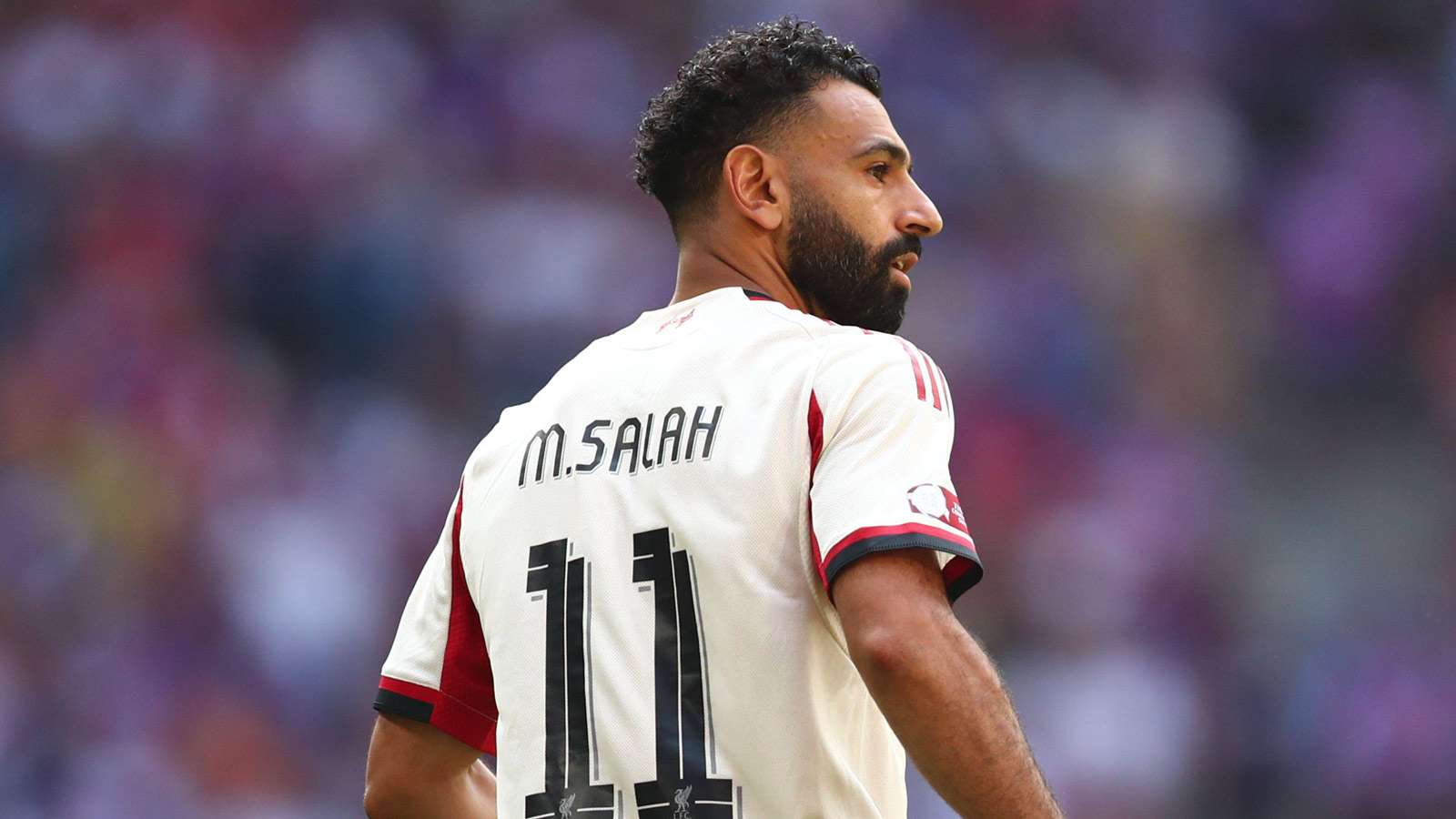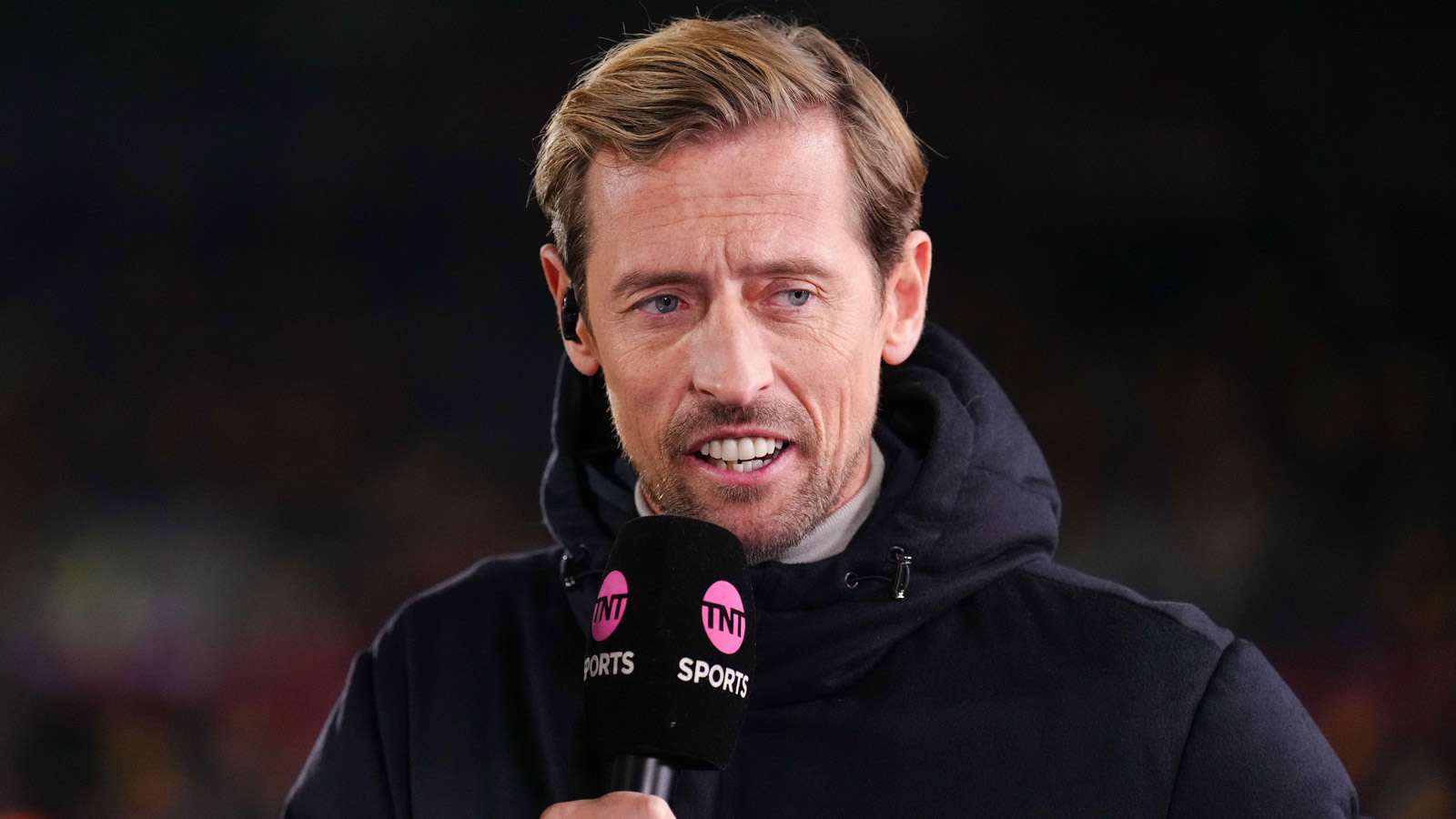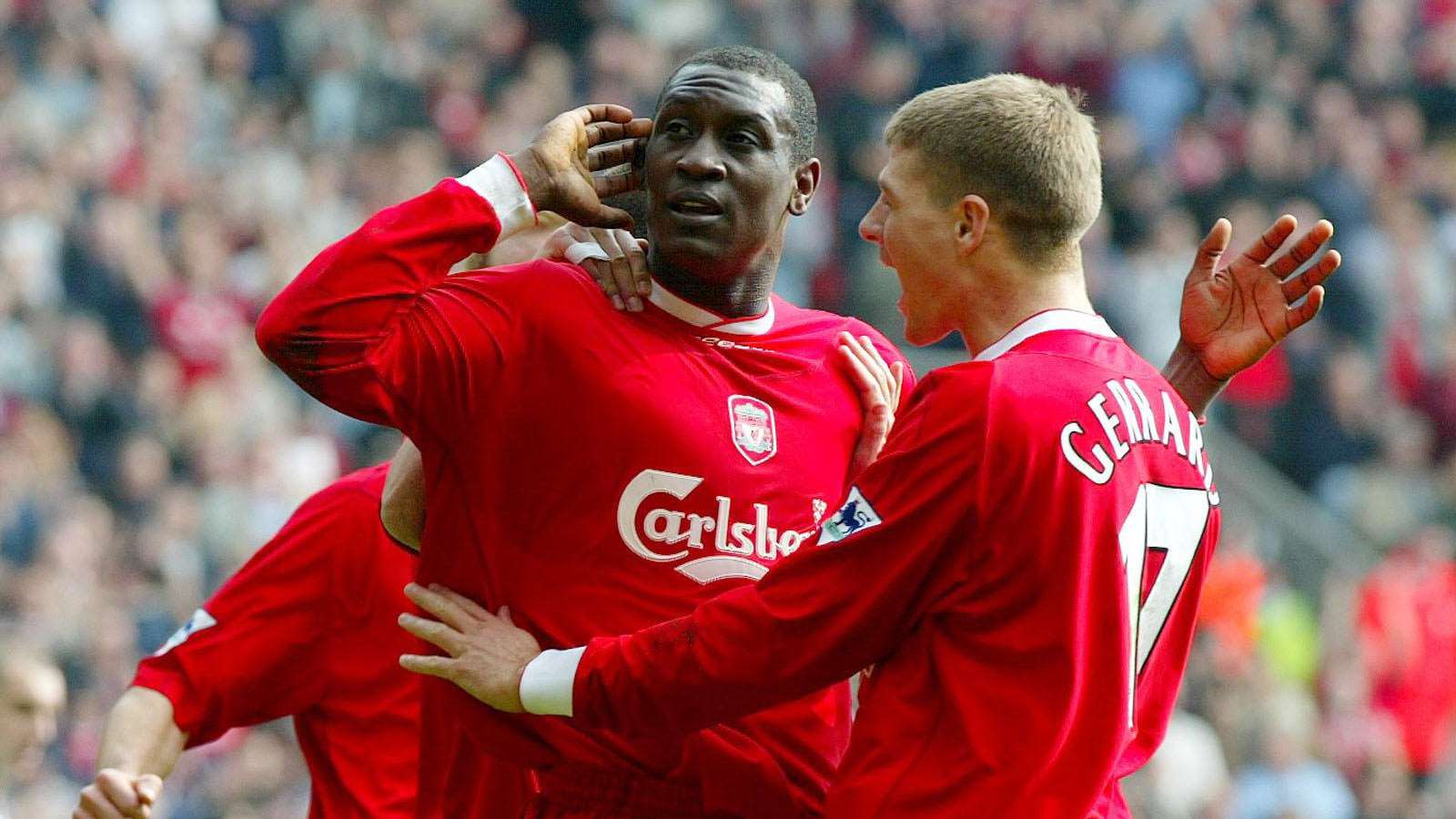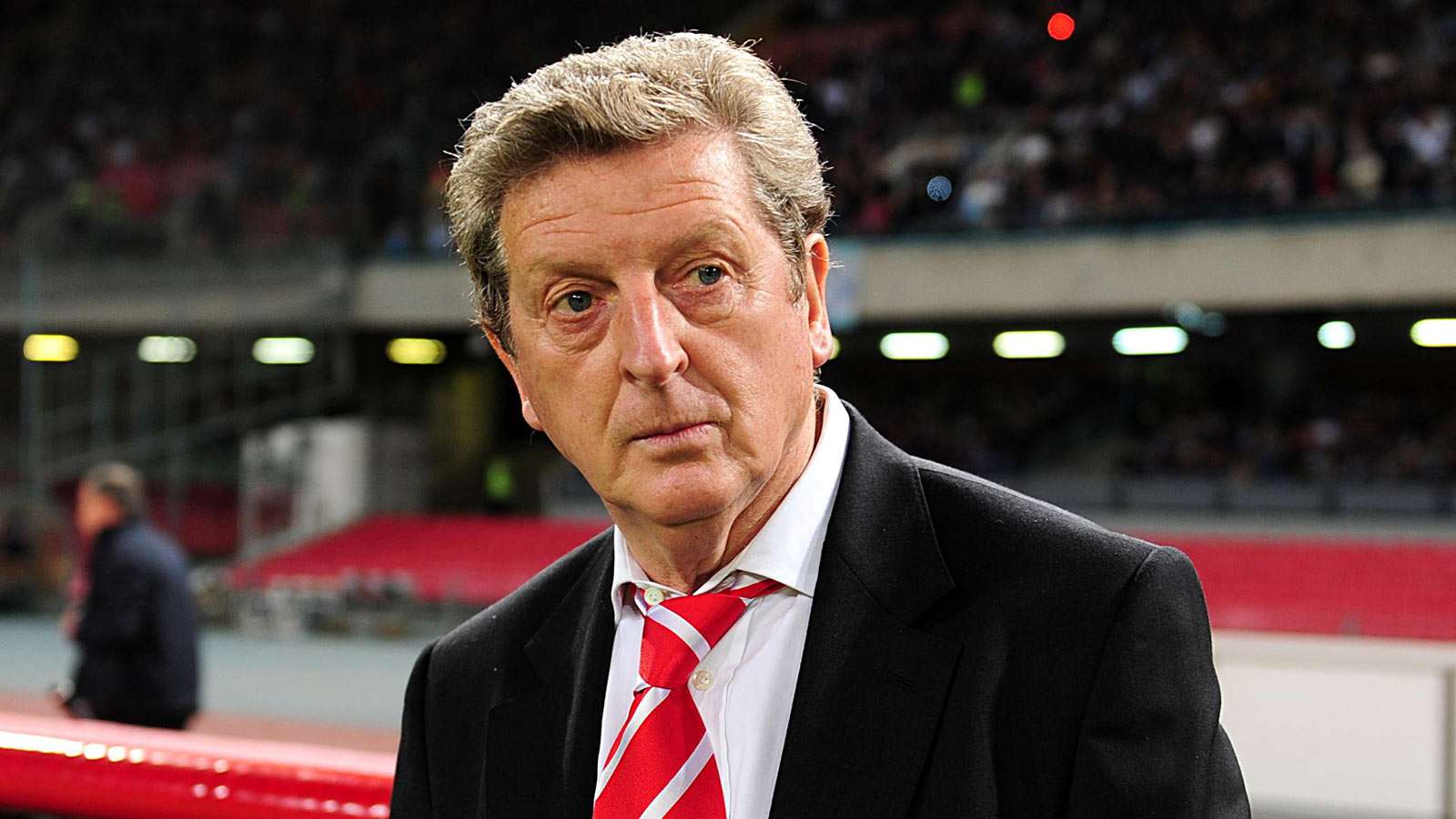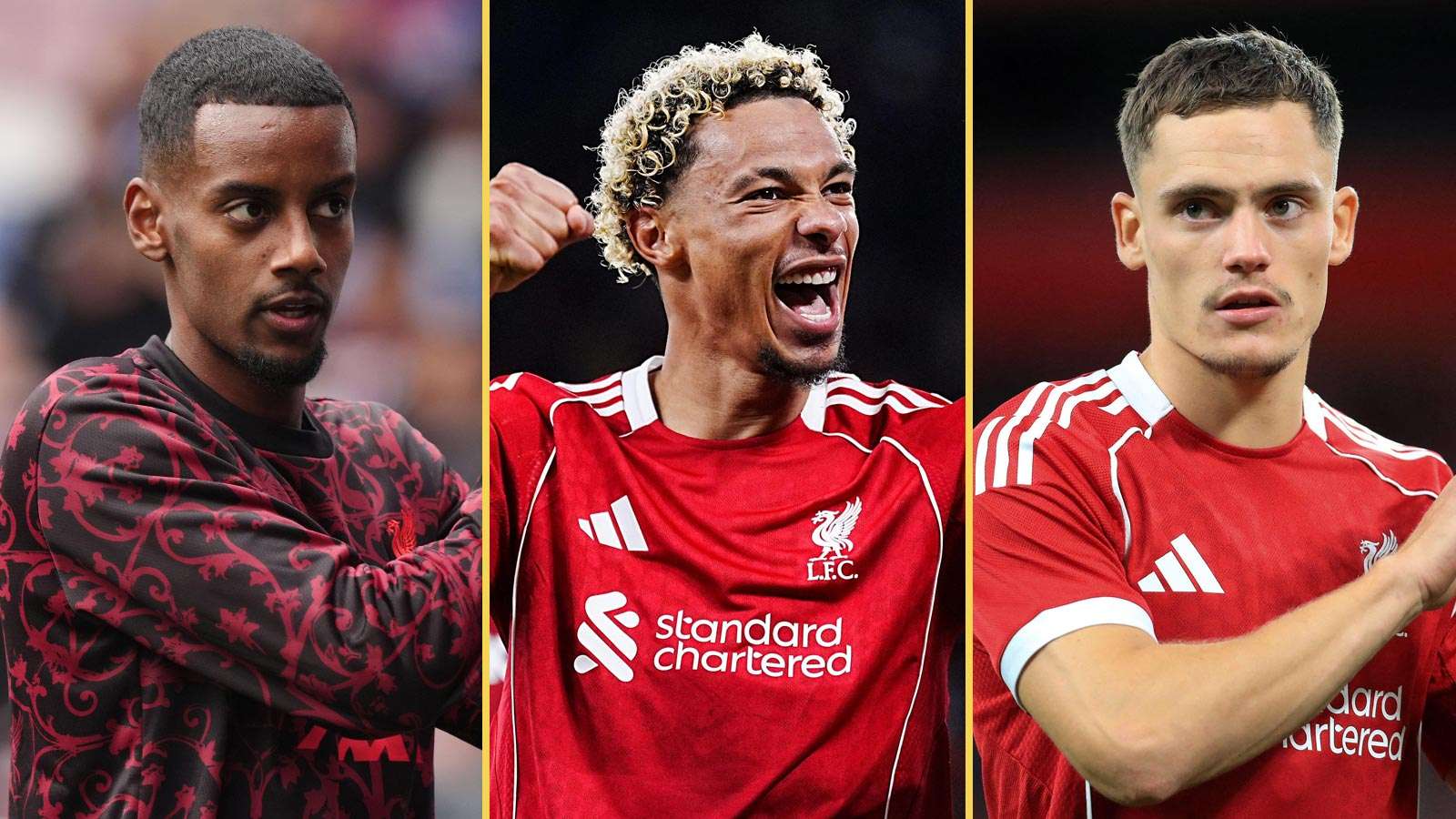When Mohamed Salah was confirmed as finishing fourth in the 2025 Ballon d’Or rankings, the reaction was predictable.
Praise for his remarkable numbers, recognition of his continued brilliance at the age of 33, and the inevitable conclusion that once again he had been overlooked for football’s biggest individual honour.
The trophy went to Ousmane Dembélé after an extraordinary season with Paris Saint-Germain. Few could argue with the Frenchman’s 51 goal involvements in 59 games, the decisive role he played in PSG’s historic quadruple, or the weight of individual accolades Ligue 1 Golden Boot, Ligue 1 Player of the Season and Champions League Player of the Season. His name was always likely to be on the golden envelope in Paris on Monday night.
But scratch beneath the surface, and Salah’s omission from the podium speaks to a wider issue. The Ballon d’Or claims to celebrate the best individual performer in world football, yet time and again, it is team success particularly in the Champions League that holds the heaviest sway.
By almost any metric, Salah’s season was at least equal to, if not stronger than, his Ballon d’Or rivals. He scored 34 goals and provided 23 assists across competitions, making him Europe’s most prolific attacker in terms of goal involvements. He won the Premier League with Liverpool, claimed the PFA Player of the Year and FWA Footballer of the Year awards, and was the undisputed focal point of Arne Slot’s first-season title winners.
Nine years after arriving at Anfield as a devastating wide forward, Salah has become Liverpool’s tactical fulcrum scorer, creator and on-field leader rolled into one. His transformation has mirrored the club’s evolution, and his ability to redefine himself year after year is part of what makes him one of the era’s defining players.
Yet for voters, his campaign was diminished by Liverpool’s round 16 exit from the Champions League, on penalties to PSG. Never mind that Salah scored decisive goals all season, or that Liverpool became the joint English club to win 20 league titles. When it comes to the Ballon d’Or, domestic dominance is rarely enough.
It is not just Salah. Liverpool as a club have found themselves consistently undervalued in this award. Michael Owen remains the last Red to lift the Ballon d’Or, back in 2001. Virgil van Dijk came agonisingly close in 2019, finishing runner-up to Lionel Messi despite redefining what was possible for a modern centre-back. Sadio Mané finished second in 2022, having inspired Liverpool to a domestic double and Senegal to their first AFCON triumph.
This year, Alexis Mac Allister (22nd), Van Dijk (28th) and Florian Wirtz (29th) were all recognised, but only on the fringes of the top 30. Even Alisson Becker, runner-up to Gianluigi Donnarumma for the Yashin Trophy, had to settle for second-best.
The result is that, despite dominating English football over the last decade and producing some of the best players of a generation, their Ballon d’Or returns are strikingly low.
For Salah himself, the snub may only add fuel to the fire. This was his sixth Ballon d’Or nomination and his highest-ever finish. He has spoken often about his desire to keep breaking records and winning trophies with Liverpool, and his performances show no sign of decline.
This season offers new opportunities. Egypt will aim for AFCON glory, while World Cup qualification looms large in 2026. Liverpool, meanwhile, have invested heavily over £450 million in the summer to build on their Premier League triumph. If Salah can lead them deeper into Europe while maintaining his own extraordinary levels, the argument to finally crown him may become impossible to ignore.
The ceremony itself carried both celebration and poignancy. A tribute was held for Diogo Jota, the former Liverpool forward who passed away earlier this year, with his widow Rute Cardoso in attendance. It was a reminder that football, even on its most glamorous night, remains heartbreak.
For Liverpool and Salah, though, it was another reminder that the Ballon d’Or does not always reward the very best player, but rather the player who wins the right competitions at the right time.
And that is why, even after another extraordinary season, Mohamed Salah’s wait goes on.
